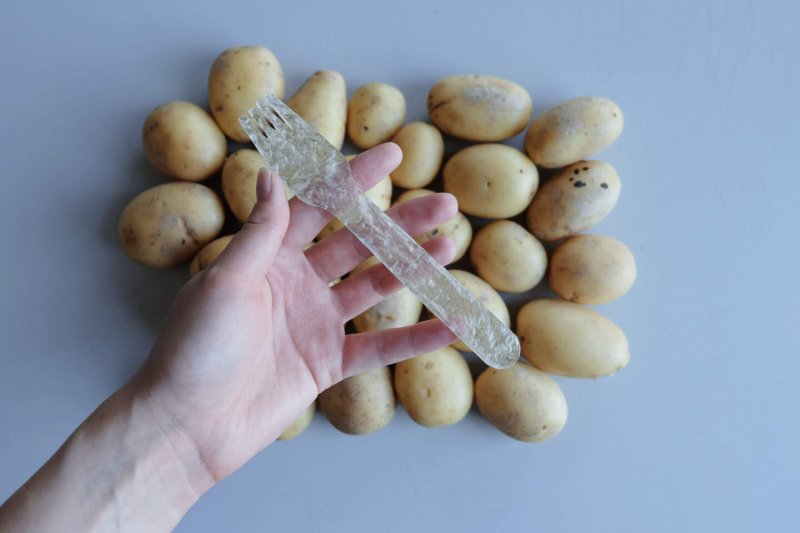Potatoes, which are a rich source of dietary carbohydrates for humans, are abundant in starches that find use in numerous industrial applications. Scientists at Texas A&M University are learning how to alter the ratio of potatoes’ two starch molecules — amylose and amylopectin. Altering the ratio of these starch molecules will help increase both culinary and industrial applications.
Two articles, outlining how CRISPR [can improve potatoes], were recently published in the International Journal of Molecular Sciences and the Plant Cell, Tissue and Organ Culture journal.
…
The amount and type of starch in a potato are important considerations for industrial applications. According to Stephany Toinga, one of the authors on both the papers, starches higher in amylopectin are desirable for processed food and other industrial applications due to their unique functional properties.
…
The starch from this potato could be used for industrial purposes, including paper and textile industries. Adhesives or binders, bioplastics, and ethanol could be produced using the starch.
Since the tuber starch has freeze-thaw stability, without the need for chemical modifications, it could also be used to produce frozen foods. Potatoes with amylopectin are the exclusive form of starch, and hence, could be used to produce more ethanol for industrial use or to create alcoholic beverages.































